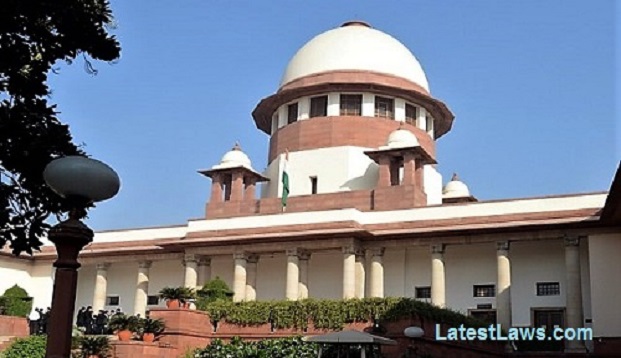August 26, 2018
Supreme Court has expounded that in order to discharge family debts or any other legal obligations, the head of the family (Karta) can sell the ancestral property and no family member can challenge his decision in a Court of Law.
The top court stated that once its proved that father sold the ancestral property for fulfillment of legal obligation, then coparcener cannot move Court against father’s decision.
Supreme Court made this statement while dismissing a 54-year-old case. In this case, son had filed case against his father in 1964. The opposite parties comprising of father & son are no more, however their legal representatives continued contesting the case.
It had come in evidence that firstly, the family owed 2 debts & secondly, the family also needed money to make improvement in agriculture land belonging to the family.
Court decided that Pritam Singh, being a Karta of the family, had every right to sell the suit land belonging to family to discharge the debt liability & spend some money to make improvement in agriculture land for the maintenance of his family.
Division bench comprising of Justices A. M. Sapre and Justice A. K. Kaul stated that,
"No co-coparcener (son) has a right to challenge the sale made by the Karta of his family. The plaintiff being a son was one of the cocoparceners along with his father Pritam Singh. He had no right to challenge such sale in the light of findings of legal necessity being recorded against him. It was more so when the plaintiff failed to prove by any evidence that there was no legal necessity for sale of the suit land or that the evidence adduced by the defendants to prove the factum of existence of legal necessity was either insufficient or irrelevant or no evidence at all."
Read Judgement @LatestLaws.com:
SC Judgment on Rights of Karta over Sale of Ancestral Property (Download PDF)
SC Judgment on Rights of Karta Over Sale of Ancestral Property by Latest Laws Team on Scribd
Picture Source :


























